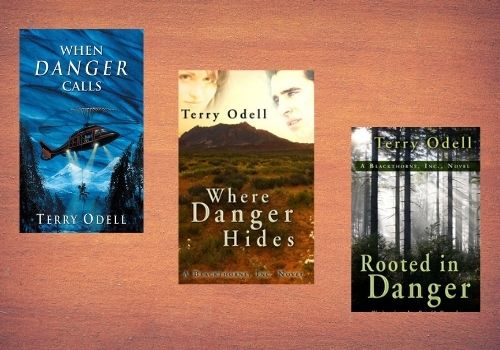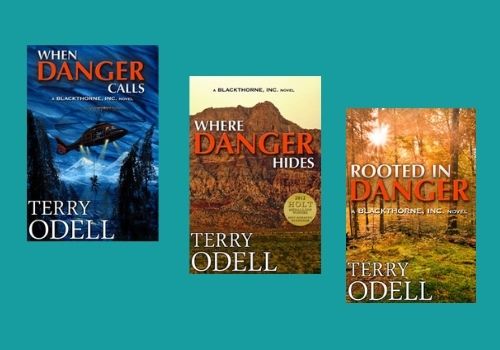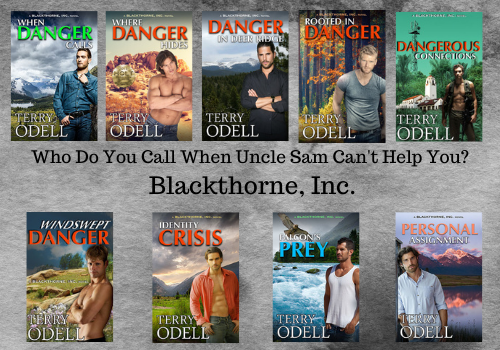Happy Monday! Today’s first page critique is for a dystopian YA novel entitled JANE UNKNOWN. This page provides a very atmospheric start to a novel that I’m hoping contains lots of witchcraft! My comments follow. Enjoy!
February 24, 1692
On top of the hill was the stake, not yet aflame. An upright log dark against the grey sky. Beams of light cut through the clouds, slanting down onto the fields, turning some of the tall grass golden. And so how, in this heavenly light, did the stake still look so foreboding? Send a chill to the bone?
The Bachelors of Divinities walked me up the hill. One on each side: Ely and Jonas. I’d known them since I arrived in Salem Village, orphaned, eleven years ago, but they did not act as if they knew me now. I suppose they felt as if they didn’t. They held my elbows roughly—my wrists were already secured with rope behind my back—although they did not need to. There was nowhere to go. We’d all been taught the witches had the woods. Not the other way around: Not the woods had witches. Perhaps that’s why they suspected me? As an orphan, I came from those woods.
My ankle wobbled on a clump of grass, causing me to near fall. Ely sighed loudly and yanked me up by the elbow. Pain shot through my shoulder. It felt as if the muscle had been ripped in half. He muttered under his breath, lip twitching.
The stake loomed taller and taller. We were close, only a few wagon-lengths away. Sweat crept along my cold skin, and I found it hard to take a deep breath.
As we reached the top of the hill, the wind whipped against us, pushing my grey dress against my legs. I wore no apron today. The wind caused hope to blossom within, especially as Ely and Jonas exchanged expressions. It had rained the night before, but this could only prolong my agony—but the wind, the wind it might help me yet. But hope could be dangerous. Disappointment fell all the further when hope lifted one high.
The stake was now in clean sight. A stool, where I would stand, against the log, where they would tie me. They’d arrange the branches and twigs at my feet, and perhaps, if I was lucky, I’d die by smoke first.
I tried to prepare myself: This will hurt, but then it will be over. You’ll be with mother. This will hurt, but then it will be over. You’ll be with mother. Over and over.
It did help, I suppose. The grass blowing, as if in slow motion. Our walk forward inevitable.
Overall Comments:
I love how the author has woven together the sense of foreboding with the landscape and the weather in the moments leading up to what appears to be a witch burning outside Salem. The author definitely draws the reader in and creates a sense of empathy as well as fear for the main protagonist. Initially, I wasn’t too sure whether this was historical or dystopian YA (as this had been described) but I’d be happy to keep reading whatever direction the novel ultimately takes. I thought the stream of consciousness writing style also worked really well, helping keep the POV close to the protagonist while also feeling very much YA. At times the sentence structure did get a little confusing, but I thought it did feel like we were directly hearing the protagonist’s thoughts as they unfolded.
My only real comment would be that ‘less is more’ – while there’s plenty of atmosphere, there’s less in terms of action, and I think paring down some of this scene could help it flow a little easier. Sometimes the protagonist’s thoughts slowed down the dramatic tension. I’ve copied this first page below to highlight the areas which I think could be edited/cut and yet still retain the terrific atmosphere of this first page. The words in bold are the ones I think should be deleted and I have placed some extra notes in bold and italic. These are obviously just my thoughts (and TKZers may have other advice!). Overall though, tightening up a first page is always a good idea:)
Specific Edit/Cut Options:
February 24, 1692
On top of the hill was the stake, not yet aflame. An upright log dark against the grey sky. Beams of light cut through the clouds, slanting down onto the fields, turning some of the tall grass golden. And so how, in this heavenly light, did the stake still look so foreboding? Send a chill to the bone?
The Bachelors of Divinities walked me up the hill. One on each side: Ely and Jonas. I’d known them since I arrived in Salem Village, orphaned, eleven years ago, but they did not act as if they knew me now. I suppose they felt as if they didn’t. They held my elbows roughly—my wrists were already secured with rope behind my back—although they did not need to. There was nowhere to go. We’d all been taught the witches had the woods. Not the other way around: Not the woods had witches. Perhaps that’s why they suspected me? As an orphan (already said she’s an orphan so delete one of the references), I came from those woods.(note – I actually think these thoughts on the woods and witches could probably be moved to a later scene as it slows down the action)
My ankle wobbled on a clump of grass, causing me to near (do you mean nearly?) fall. Ely sighed loudly and yanked me up by the elbow. Pain shot through my shoulder. It felt as if the muscle had been ripped in half. He muttered under his breath, lip twitching. (Note: this whole paragraph could actually be deleted unless the injury to her shoulder is relevant later)
The stake loomed taller and taller. We were close, only a few wagon-lengths away. Sweat crept along my cold skin, and I found it hard to take a deep breath.
As we reached the top of the hill, the wind whipped against us, pushing my grey dress against my legs. I wore no apron today. The wind caused hope to blossom within, especially as Ely and Jonas exchanged expressions. It had rained the night before, but this could only prolong my agony—but the wind, the wind it might help me yet. But hope could be dangerous. Disappointment fell all the further when hope lifted one high.
The stake was now in clean sight. A stool, where I would stand, against the log, where they would tie me. They’d arrange the branches and twigs at my feet, and perhaps, if I was lucky, I’d die by smoke first.
I tried to prepare myself: This will hurt, but then it will be over. You’ll be with mother. This will hurt, but then it will be over. You’ll be with mother. (maybe only need to state once?) Over and over.
It did help, I suppose. The grass blowing, as if in slow motion. Our walk forward inevitable.
Final Comment:
Bravo to our brave submitter! I hope my comments are helpful. TKZers, what advice or feedback do you have? Looking forward to seeing your comments.




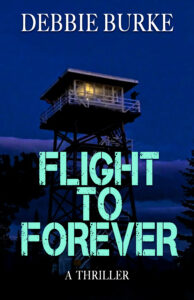
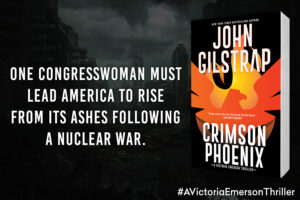
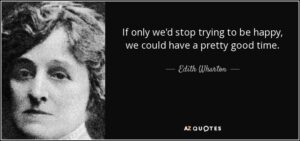
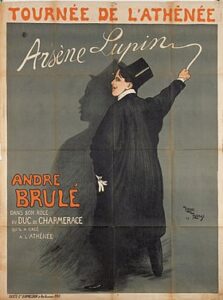
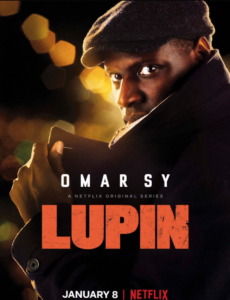

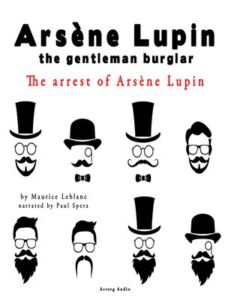
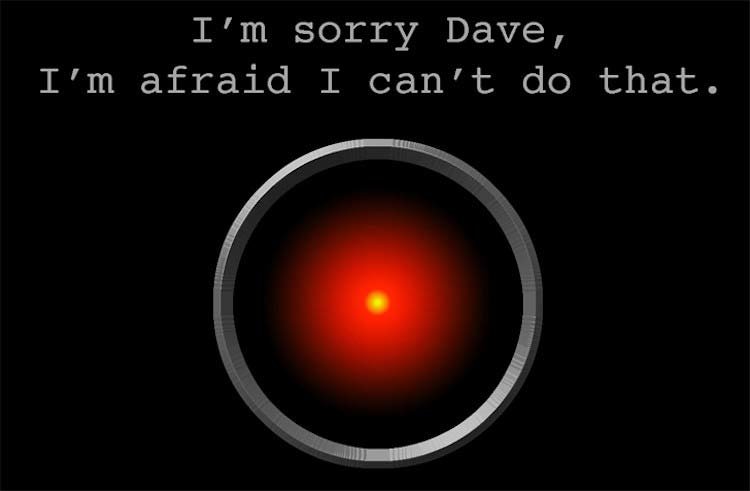
 I’m keeping a close eye on Text-To-Speech (TTS) technology. I think the next tech wave is interactive ebooks where the reader will have a solid listener option for the device to convincingly turn the text into a realistic voice. That virtual reality already exists. It’s just not perfected yet. But my bet is within a few short years AI will allow a quick tap on your eReader, and you’ll listen to your book as if Bitching Betty was real.
I’m keeping a close eye on Text-To-Speech (TTS) technology. I think the next tech wave is interactive ebooks where the reader will have a solid listener option for the device to convincingly turn the text into a realistic voice. That virtual reality already exists. It’s just not perfected yet. But my bet is within a few short years AI will allow a quick tap on your eReader, and you’ll listen to your book as if Bitching Betty was real. There’s some good AI reading apps out there, no doubt. Amazon’s Polly is remarkable. Word on the street is that AZ has an experimental TTS program on the go that aims to perfect NGL (natural language generation) on Kindle devices. Currently, AZ has a Kindle text-to-speech enablement that’s terribly inefficient. Here’s a quote about the new TTS program from an Amazon side channel I found in the r-hole:
There’s some good AI reading apps out there, no doubt. Amazon’s Polly is remarkable. Word on the street is that AZ has an experimental TTS program on the go that aims to perfect NGL (natural language generation) on Kindle devices. Currently, AZ has a Kindle text-to-speech enablement that’s terribly inefficient. Here’s a quote about the new TTS program from an Amazon side channel I found in the r-hole:
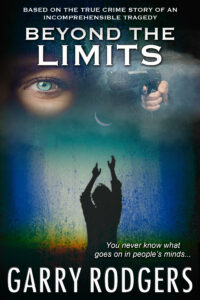
 What is author branding? When I attended a SleuthFest conference, one of the invited guests was Neil Nyren, a top gun at Penguin Putnam. I did a workshop on Point of View, and served on several panels. My latest releases that year were my three Triple-D Ranch books, and when I was “working” I wore my cowboy boots and hat. (I live in Colorado: the boots are my dress shoes, and the hats are common attire.)
What is author branding? When I attended a SleuthFest conference, one of the invited guests was Neil Nyren, a top gun at Penguin Putnam. I did a workshop on Point of View, and served on several panels. My latest releases that year were my three Triple-D Ranch books, and when I was “working” I wore my cowboy boots and hat. (I live in Colorado: the boots are my dress shoes, and the hats are common attire.)